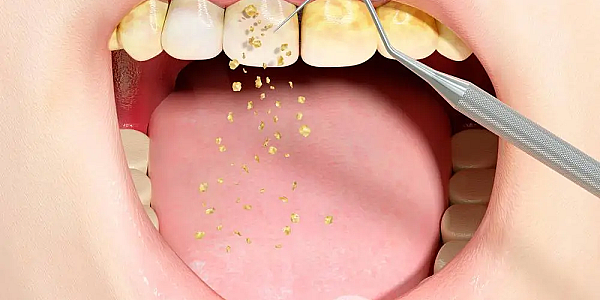The scaling procedure is essential for maintaining healthy teeth. However, after the procedure, the effect achieved can only be maintained through meticulous oral hygiene. You need to brush your teeth and use mouthwash every day, because this way you will clean the debris from the less accessible areas and restore the normal pH in the oral cavity. Otherwise, the problem will quickly reappear and worsen, most likely leading to tooth decay. So, we have prepared a series of tips for taking care of your teeth after scaling, both short-term and long-term rules.
What is dental scaling?
The descaling procedure involves the removal of bacterial plaque and tartar from the surface of the teeth. An ultrasonic device is usually used for cleaning, which removes most of the deposits. Afterwards, hand tools will be used, which clean the remains. At the end, a professional brushing will be done, which removes stains from the teeth and leaves behind a smooth and shiny surface.
Rules to be followed immediately after descaling:
These tips must be given to you by the dentist himself, immediately after the procedure has been completed. They must be followed for 2-3 days, because the surface of the tooth is still sensitive after professional descaling.
During the first 2-3 days you need to brush your teeth after every meal. It is recommended to opt for a brush with a soft structure and a toothpaste with fluoride. After seven days, you can use a brush with a medium hardness. If you are a smoker, our advice is to refrain from this habit for at least two days, because otherwise the tooth enamel, freshly cleaned, will quickly darken from the smoke cigarettes After descaling, it is forbidden to consume products that increase the sensitivity of the teeth: sweet, sour, hot and cold. These must be avoided for 2 days after the procedure. In the first period, you need to exclude the consumption of: coffee, tea, juice, carbonated water, chocolate, ketchup, tomatoes and other products that contain a large amount of red pigments. In the event of pain or of high sensitivity, the teeth will be cleaned with special solutions for sensitive teeth, as indicated by the dentist
How do you keep the result of descaling until the next preventive visit to the dentist?
Pay extra attention to brushing
THE FIRST THING YOU MUST DO TO AVOID NEW TARTAR FORMATION IS TO HAVE CORRECT ORAL HYGIENE.
It all starts with brushing. Daily cleaning removes bacterial plaque, thus preventing new tartar deposits. Brushing should be done at least twice a day – in the morning and in the evening. And in addition to cleaning the teeth, you must not forget to clean the tongue, gums and cheeks. For greater efficiency, it is welcome to opt for a brush that has a small and round end, with a soft structure, which would allow penetration into all areas of the oral cavity. An even more effective alternative would be to use an electric toothbrush. This ensures a lower probability of gingivitis formation.
1. Floss your teeth
A large majority of people are satisfied with just brushing their teeth, but in this way we do not manage to clean every space well. Most of the deposits, approx. 80%, is formed in the pits, canals and grooves on the surface of the teeth and between them. Flossing allows food debris to be removed from these places.
2. Avoid bad habits
Maintaining good oral hygiene involves more than cleaning procedures. Avoid foods, drinks and habits that can affect dental health. These include:
Carbonated drinks: the excess sugar they contain causes rapid tooth decay. Plus, ingredients like citric and phosphoric acid weaken the enamel layer. Thus, the tooth is more prone to the formation of caries High amount of sugar: reducing the consumption of foods with a lot of sugar ensures dental health and hygiene. Sugar causes increased acidity and accelerates the formation of bacterial plaque, which causes the appearance of tartar. This, in turn, leads to the appearance of caries. You don't have to completely exclude sugar from your diet, it's enough to reduce the amount. Likewise, there are plenty of body-healthy alternatives to sugar Quit smoking: No matter how clean your teeth are after cleaning plaque, smoking quickly undoes the result
3. Use toothpaste
Using fluoride-rich toothpaste can prevent dental problems. But it is not recommended to use it immediately after brushing your teeth, because it will wash away all the fluoride left from the toothpaste. After using the toothpaste you must not eat anything for 30 minutes.
4. Visit the dentist regularly
Toothaches are those that appear in the most unpredictable way, either as a result of dental infections, bleeding, abscesses, cavities, gingivitis or even oral cancer. Regular visits to the dentist guarantee that any problem that arises will be treated at an early stage. And if we talk about the formation of tartar, at the dental clinic – DentArbre, it is prevented thanks to professional brushing, which is carried out during the preventive visit.
Take care of the health of your teeth, for physical and psychological comfort. Consult the special offers for scaling in Bucharest, offered by Dentarbre dental clinic, to clean tartar deposits and avoid more serious problems. Dentists will come with the most po

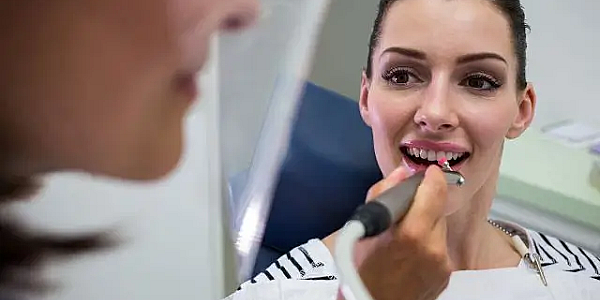

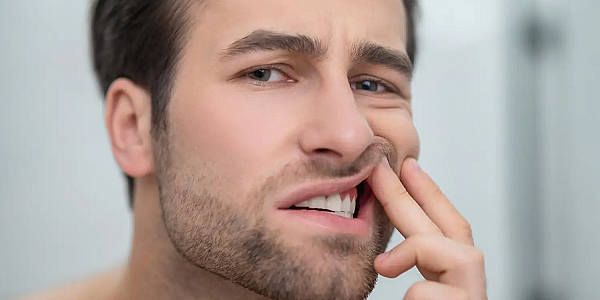
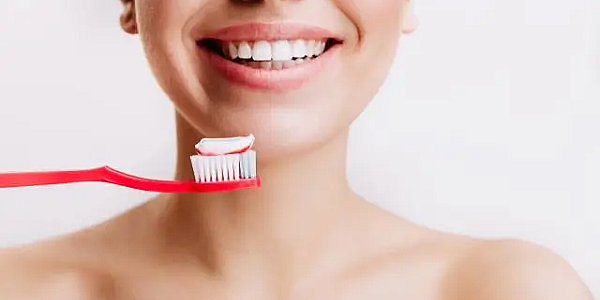
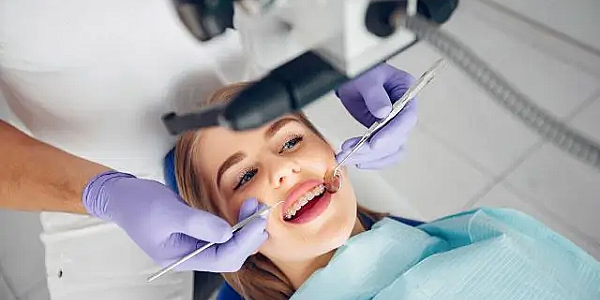
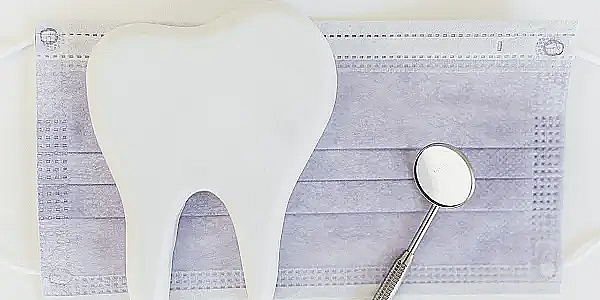
-thumb_1x.png )
